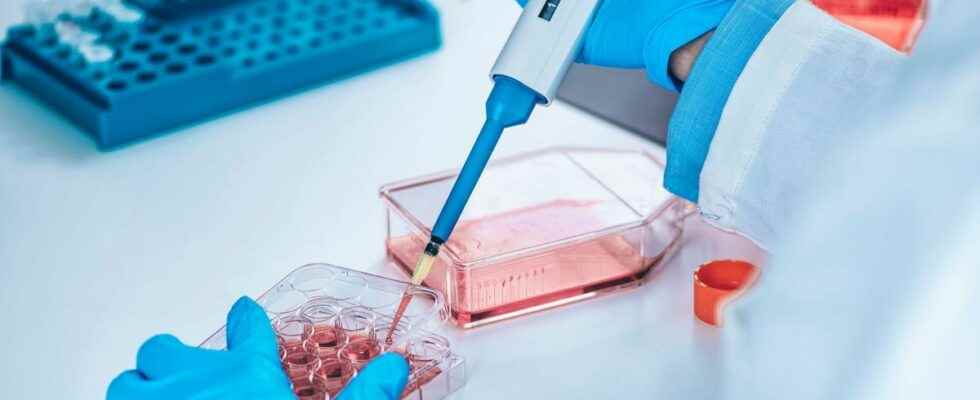Published on
Updated
Reading 1 min.
in collaboration with
Dr Gérald Kierzek (Medical Director of Doctissimo)
A study conducted by Thai researchers on hydroquinine, a derivative of quinine, an antimalarial drug, demonstrates that the molecule has antibacterial activity against several bacteria.
Hydroquinine is a molecule derived from quinine, long used against malaria. Quinine, after various syntheses carried out by scientists in the 20th century, will give chloroquine, from which we will subsequently derive hydroxychloroquine, a neighboring molecule, widely popularized by the Covid-19 pandemic.
Hydroquinine, effective against super bacteria
The study published in the journal Tropical Medicine and Infectious Disease, reports that hydroquinine would be effective in fighting against certain super bacteria, in a culture medium.
Based on the findings of this work, the molecule was able to inhibit and kill several clinically important strains of bacteria, namely S. aureus, E. cloacae, E. coli, K. pneumoniae and, in particular, a multidrug-resistant strain of the bacterium P. aeruginosa, which causes bloodstream infections and nosocomial pneumonia.
A solution against antibiotic resistance?
Antibiotic resistance is a major problem, responsible for more than a million deaths in 2019, a figure which could reach 10 million in 2050, in the absence of new treatments. Indeed, some bacterial strains are multi-resistant and it is sometimes impossible to treat them.
Hydroquinine therefore represents a hope for combating these multi-resistant bacterial strains, but the mechanism of action of the molecule remains unknown to scientists for the time being. An essential step to prevent the emergence of new drug-resistant bacterial strains.
